If the winner doesn’t want a coop $250 MPC credit.
donated by…

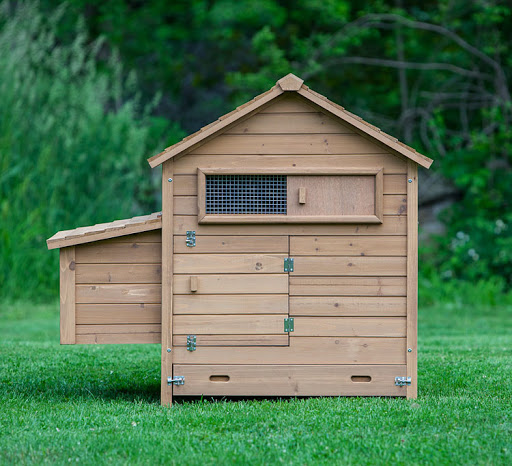
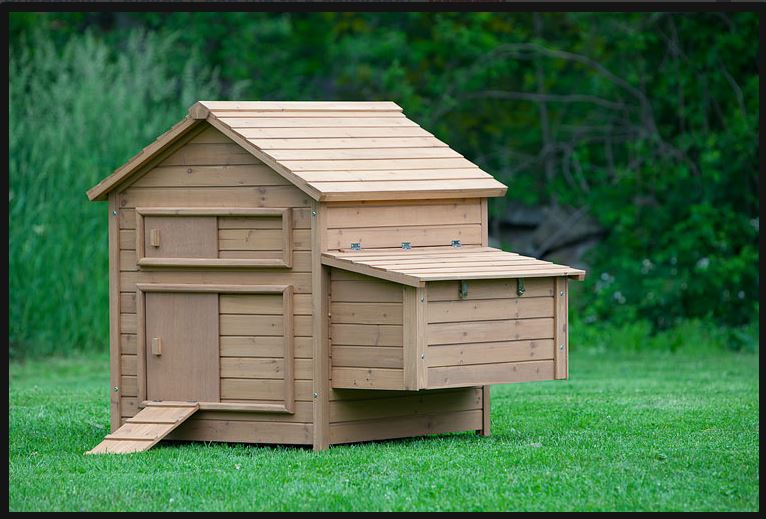
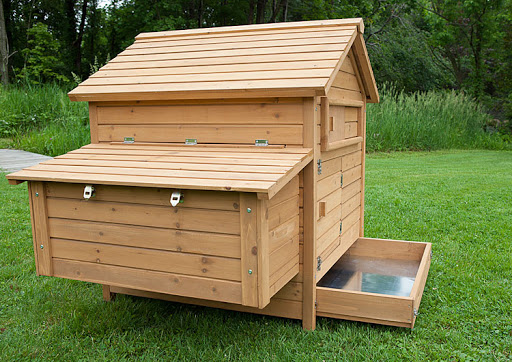
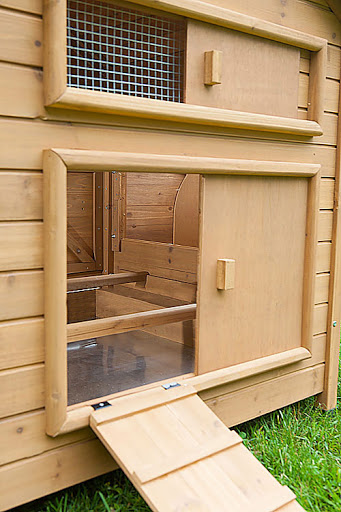
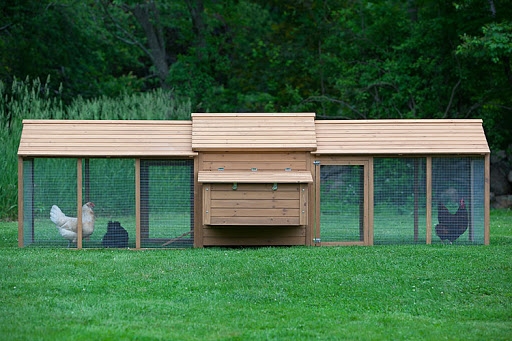
CONGRATULATIONS!!!!!!! RANDOM NUMBER GENERATOR CHOSE
POST post #52
@jnr005
Quote:
Originally Posted by jnr005
I wanted to share this photo of my grandpa. He served in WWII. He and his siblings made it home safe from the war unlike so many others. In gratitude for that, my great grandparents dedicated this shrine that sits at the family property to this day. I realize Memorial Day is to remember those that didn't get to come home, but wanted to share this to show their gratitude they had to have their kids come home.

@MyPetChicken Thank you for such a fantastic donation here and all the other HAL contests as well!
~ Remembering our Fallen ~
Chicken COOP Random Drawing!
“Land of the Free Because of the Brave”
May 2016 Hatch-a-Long
Hosted by, Mike & Sally
May 2016 Hatch-a-Long
Hosted by, Mike & Sally
Memorial Day is a solemn day of remembrance
for everyone who has died serving in the American armed forces.
We want family pictures, stories that granddad told on the front porch, we want to feel the love and patriotism that members have. Please share with us family & friends that may have been lost and special things that you may have done/organized in remembrance. Please share those that you have remembered in words and images. Random drawing will choose the winner from Entries submitted in this thread.
4 STORIES/ENTRIES PER CONTESTANT
Submissions accepted until May 31st, 2016 Midnight EST
See more Rules Below
Winner to Receive:
If the winner doesn’t want a coop $250 MPC credit.
donated by…
Rules:
Open to ALL BYC members in the Continental U.S. ONLY (Not Alaska or Hawaii)
4 STORIES/ENTRIES PER CONTESTANT
Must be your own Stories & own rights to Images
To submit your entries, simply post your stories & images in this thread
Submissions accepted until May 31st, 2016 Midnight EST
Winner Announcement, check back to this page after June 12th, 2016
Winner chosen by Random Draw
REMINDER that your host's reserves the right to disqualify posts not following the rules.
All BYC Rules Apply! Terms of Service (Rules)
VOID where Prohibited!
If you have not joined the
2016 Hatch-a-Long Please Join us here...
COOL New CONTESTS
w/ fantastic Prizes donated by

Remembering Our Fallen CLICK HERE
Poultry Shaming Photo Contest CLICK HERE
Show your Stripes! Patriotic Poultry CLICK HERE
Patriotic Party! Red, White & Blue Recipe/Photo Contest CLICK HERE
Shouldered Poultry Photo Contest! CLICK HERE
Poultry in Nature! Photo Contest CLICK HERE
Natural Eggs & Flowers Photo Contest! CLICK HERE
A FEW EXTRA CONTEST FROM OUR MEMBERS!
Head Shots Photo Contest! MAY HAL Members ONLY CLICK HERE
MAY "SHARE A LAUGH" CLICK HERE
Last edited:











